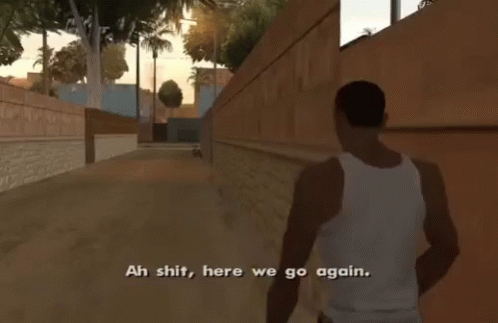I did like it
so blessing recieved
I did like it
so blessing recieved
My job here is done.
Thanks.

all you had to do was to follow the damn train CJ
Every body always hating on CJ but they never stop and ask CJ how is he doing…
The letters CJ have feelings too, just like the rest of us letters
Bob
Thank you thank you sir
We’ll see you in 12 hours.
I was thinking of Noesis when I said that. I don’t know if you’re also a Taoist Monk.
Whats good errrbody
Its ya boy freit
Lets get this bag yessir
This druggie lingo?
What’s good? Idk. Watching some ufo documentary now. Seems good. I normally avoid them for being too slanted one direction or the other. This one seems good.
man this was great
Why do people say that jing and ojas and stuff attracts girls?
I barely ever used Jing audios but I have used Ojas a lot but I don’t know if it has contributed to girls liking me
having more energy makes you more attractive but no I don’t believe it makes you more attractive
It does. I don’t know why we say it except for that because it happens. I don’t know why it happens. Girls want your energy? They’re Energy Vampires?! I don’t know. Shen does it well. Soul Core Restoration does it well. The others do it some like Chi and Jing but those first two especially in my experience.
Conversely… if we want to get real controversial, Curse Removal gets rid of all those effects immediately and completely.
Yeah, same
Share like and subscribe
Leave a comment and support my patreon thanks
What?
Just being random
I don’t know what else to say
Oh. I thought the Youtube infiltrated you completely where it just comes out of you uncontrollably. Give it a few more years.